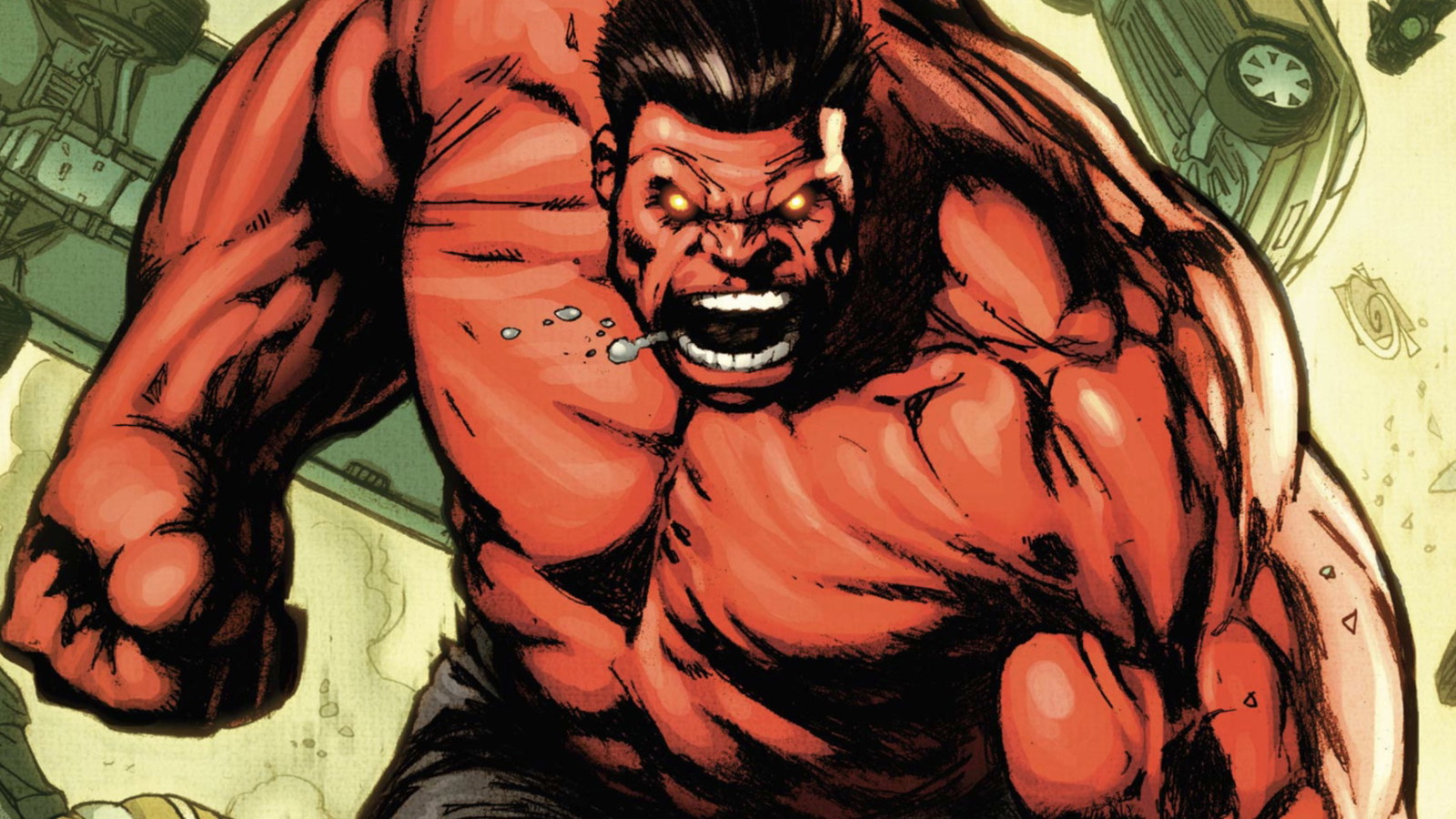FTC To Challenge Court Decision On Microsoft-Activision Deal

Table of Contents
The Court's Ruling and its Implications
Judge Jacqueline Scott Corley of the US District Court for the Northern District of California ruled against the FTC's request for a preliminary injunction to block the Microsoft-Activision merger. Her decision hinged on a belief that the evidence presented by the FTC didn't convincingly demonstrate that the merger would substantially lessen competition within the gaming industry.
-
The FTC's Argument: The FTC argued that the merger would give Microsoft undue control over the gaming market, particularly through its potential to make popular titles like Call of Duty exclusive to Xbox, stifling competition from PlayStation and other platforms. They expressed concerns about the impact on subscription services and consumer choice.
-
Microsoft and Activision's Defense: Microsoft and Activision Blizzard countered by emphasizing their commitment to keeping Call of Duty available on PlayStation and other platforms. They argued that the merger would ultimately benefit gamers through innovation and expanded content. They also highlighted the benefits of integrating Activision's studios and intellectual property with Microsoft's existing ecosystem.
-
Immediate Impact: The court's ruling cleared the path for the $69 billion merger to proceed, marking a significant development in the gaming industry. The immediate impact saw the completion of the acquisition, significantly changing the landscape of the gaming market.
-
Broader Implications: This decision has significant implications beyond the gaming industry. It sets a precedent for future large-scale mergers in the tech sector, influencing how regulators approach antitrust concerns in the face of powerful tech giants.
The FTC's Appeal and its Potential Outcomes
The FTC is appealing the court's decision to the Ninth Circuit Court of Appeals. This appeal represents a significant legal challenge to the merger and a test of the FTC's power in antitrust enforcement.
-
Grounds for Appeal: The FTC likely bases its appeal on arguments that Judge Corley incorrectly assessed the evidence regarding the potential for anti-competitive practices stemming from the merger. The FTC will likely reiterate its concerns about Call of Duty exclusivity and the broader impact on competition within the gaming market.
-
Appeal Process and Timeline: The appeal process will involve submitting legal briefs, potentially oral arguments before a panel of judges, and a final decision from the Ninth Circuit. This process could take months, even years, to complete.
-
Likelihood of Success: Predicting the success of the FTC's appeal is difficult. The Ninth Circuit could uphold the lower court's decision, or it could overturn it, potentially leading to further legal battles. The outcome will depend on the judges' interpretation of the antitrust laws and the evidence presented.
-
Potential Outcomes and Consequences: If the appeal is successful, the merger could be blocked, or Microsoft might be required to make significant concessions to address anti-competitive concerns. Failure for Microsoft would represent a huge financial and reputational blow. For Activision, it could mean continued uncertainty and missed opportunities for growth.
The Impact on the Gaming Industry and Consumers
The Microsoft-Activision merger carries significant consequences for the gaming industry and its consumers.
-
Game Availability and Pricing: The merger's impact on game availability and pricing remains a key concern. Exclusivity deals could limit player choice and potentially drive up prices for certain games.
-
Call of Duty's Future: The fate of Call of Duty is central to this debate. Maintaining cross-platform availability is crucial to preventing accusations of anti-competitive practices.
-
Impact on Other Platforms: The merger's effects on other gaming platforms like PlayStation and Nintendo Switch are substantial. Reduced competition could lead to a less vibrant and innovative gaming landscape.
-
Gaming Subscription Services: The merger's impact on subscription services like Xbox Game Pass is also noteworthy. Adding Activision's titles could strengthen Xbox Game Pass, potentially disadvantaging competing services.
-
Consumer Choice and Competition: Ultimately, the merger's effects on consumer choice and competition will be critical in shaping the future of the gaming industry.
Concerns about Monopolies and Antitrust
The FTC's concerns center on the potential for Microsoft to create a monopoly in the gaming market, using its market power to stifle competition and harm consumer welfare.
-
Monopoly Power and Market Dominance: The FTC argues that the merger would significantly increase Microsoft's market share, giving it undue influence over game development, distribution, and pricing.
-
Anti-Competitive Practices: Concerns include the possibility of predatory pricing, leveraging Call of Duty's popularity to disadvantage competitors, and limiting the availability of games on rival platforms.
-
Role of Antitrust Laws: This case highlights the ongoing importance of antitrust laws in preventing mergers that could lessen competition and harm consumers. The outcome will influence how regulators approach future mergers within the tech sector.
-
Broader Implications for Antitrust Enforcement: The FTC's challenge and the resulting legal battle have far-reaching implications for antitrust enforcement in the rapidly evolving technology industry, influencing how such powerful acquisitions are reviewed in the future.
Conclusion
The FTC's challenge to the Microsoft-Activision deal is a significant legal battle with far-reaching implications for the gaming industry and antitrust enforcement in the tech sector. The court's initial decision, while allowing the merger to proceed, does not conclude the matter. The FTC's appeal raises crucial questions about competition, consumer choice, and the potential for monopolies in the gaming market. The outcome will profoundly influence the future landscape of gaming and serve as a crucial precedent for future mergers in the technology industry. Stay informed about the ongoing legal battles surrounding the FTC's challenge to the Microsoft-Activision deal. Follow the developments in this case to understand its long-term impact on the future of gaming and competition within the tech industry. Regularly search for updates on the "FTC challenge to the Microsoft-Activision deal" to stay informed.

Featured Posts
-
 Jose Aldo Resilience Et Adaptation Dans Sa Carriere
May 12, 2025
Jose Aldo Resilience Et Adaptation Dans Sa Carriere
May 12, 2025 -
 Fan Casting Frenzy Henry Cavill As Wolverine In Marvels World War Hulk Project
May 12, 2025
Fan Casting Frenzy Henry Cavill As Wolverine In Marvels World War Hulk Project
May 12, 2025 -
 The Extreme Cost Of Broadcoms V Mware Acquisition At And Ts Perspective
May 12, 2025
The Extreme Cost Of Broadcoms V Mware Acquisition At And Ts Perspective
May 12, 2025 -
 Is A John Wick 5 Return Possible Analyzing Keanu Reeves Characters Death
May 12, 2025
Is A John Wick 5 Return Possible Analyzing Keanu Reeves Characters Death
May 12, 2025 -
 2024 Houston Astros Foundation College Classic Games Teams And Information
May 12, 2025
2024 Houston Astros Foundation College Classic Games Teams And Information
May 12, 2025
